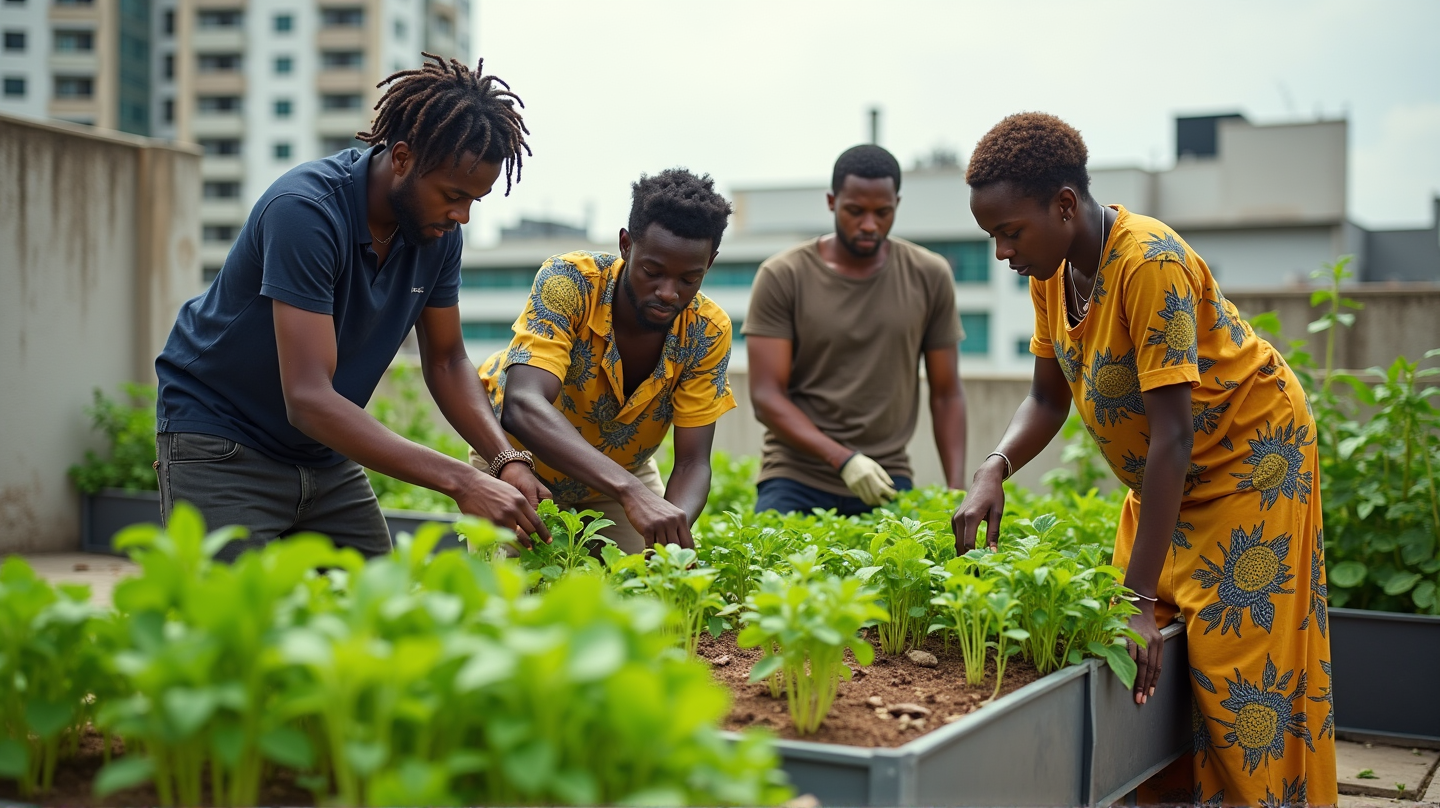Nigeria's Budgets Falter, But Families Innovate: A Survival Story
Nigeria's 'Budget of Restoration' struggles, but citizens rise with financial innovation amid an economy of debt and salaries.

Nigeria’s proposed 2025 budget paints a bleak picture, with 54% of a massive ₦54.99 trillion aimed at debt servicing and salaries, leaving little room for development. Yet, the resilience of Nigerian families illuminates a path forward in this crisis-stricken economy.
The Financial Landscape: A Wake-Up Call
Against the backdrop of fiscal disarray, the Nigerian government seems financially stretched, yet citizens have embraced the role of financial strategists. Families hit by economic stress in Lagos and Abuja are innovating like never before. Rent hikes and stagnant incomes fuel a need for acute financial acumen seldom seen outside professional finance circles.
Resilience Amidst Rising Rent
In major cities, housing affordability has turned into a pressing concern. Take Lagos, where rent prices have soared alarmingly. Families have taken creative approaches like house-sharing and community savings groups to shoulder such expenses. Port Harcourt mirrors this reality with housing costs spiraling out of reach, forcing innovative home-sharing solutions.
Social Media: Nigeria’s New Financial Helpline
Digital platforms have transcended entertainment, morphing into vital financial guides. TikTok hosts survival cooking hacks, Instagram flourishes with saving strategies, and Facebook groups offering budget tips have formed virtual communities reshaping traditional financial models. This grassroots ingenuity questions the necessity of conventional financial advisory services.
Grassroots Movements: A Game Changer
Communal innovations are a testament to Nigerians’ tenacity. Urban farming initiatives have sprung up, offsetting high food prices with shared community gardens. Down-to-earth WhatsApp groups have evolved into hyper-efficient co-ops. Educational cooperatives have emerged as a response to mounting school fees, showcasing communal learning environments that outmatch costly institutional options.
Digital Diversification: The Path Forward
With conventional jobs failing to provide adequate income, Nigerians are embracing digital entrepreneurship, acquiring remote freelance skills that yield significantly more than domestic wages. The dual impact of creativity and technology is fostering economic independence, redefining traditional career paths.
Elevating Communities: A Shared Journey
Social media binds Nigeria’s innovative spirit. Platforms like Twitter/X and YouTube not only distribute vital market intelligence but also unite communities through shared economic struggles and solutions. Such digital rapport enables strategic adaptations that sustain families in their quest to thrive.
Nigeria’s citizens exemplify resolve and adaptation beyond what their government has mustered, turning adversity into opportunity. As grassroots resilience continues to blossom, the nation stands at a crossroads: awaiting a political awakening that can tap into these innovations and foster true economic transformation.
The country’s most potent assets aren’t its natural resources or fiscal plans but the creativity and tenacity of its people. According to Financial Watch, while the central budget grapples with its constraints, Nigerians are redefining self-sufficiency in resourceful and community-driven ways, proving the strength of collective innovation over individual despair.





